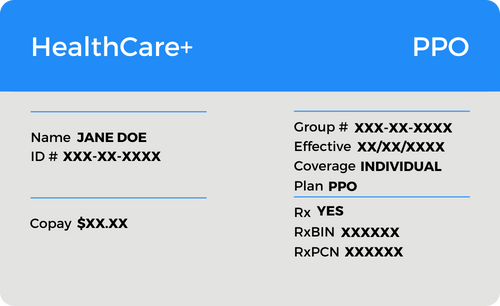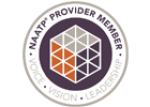Due to the strong effects of heroin abuse on the body, withdrawal has severe side effects. The withdrawal stage can begin as early as a few hours to 48 hours after last use. Withdraw symptoms are contingent on the abuser’s frequency, duration, and quantity of use. The consequences of heroin abuse impact various parts of a user’s life. These include medical, social, and economic outcomes.
Common Withdrawal Symptoms of Heroin:





